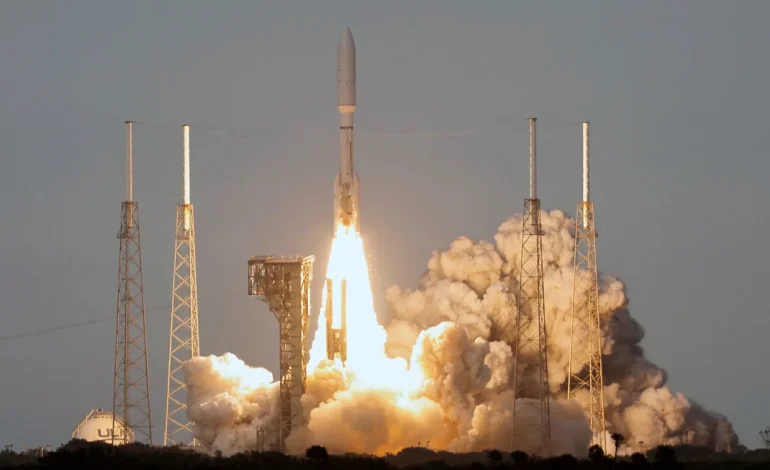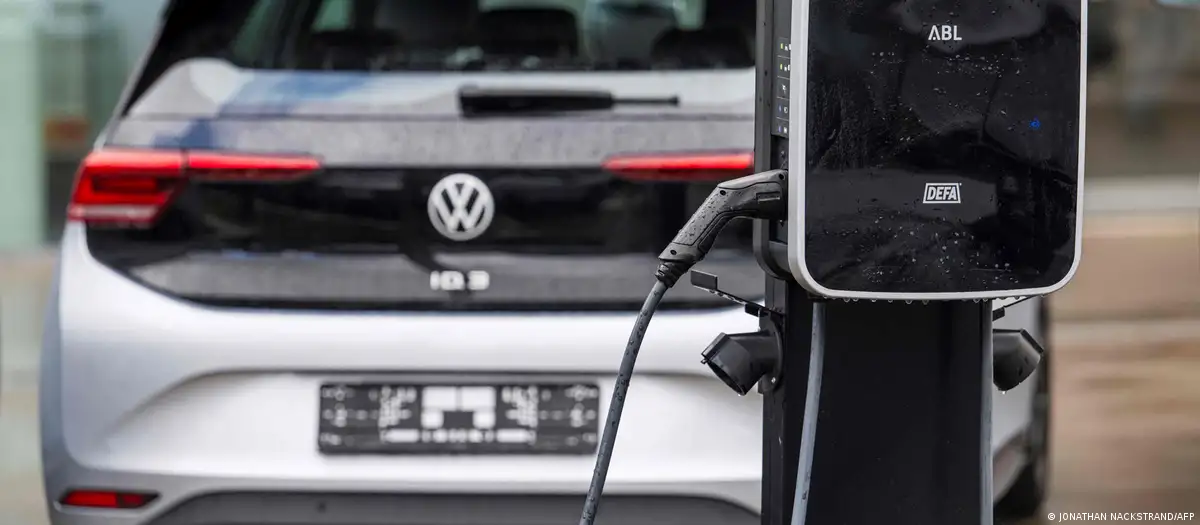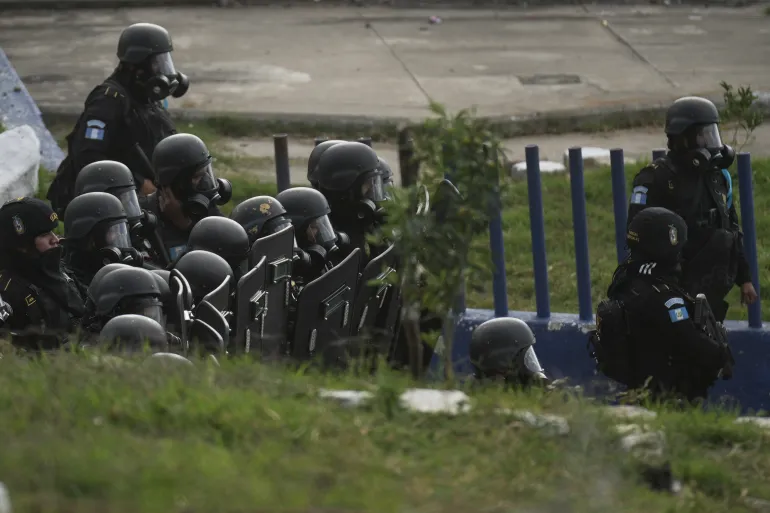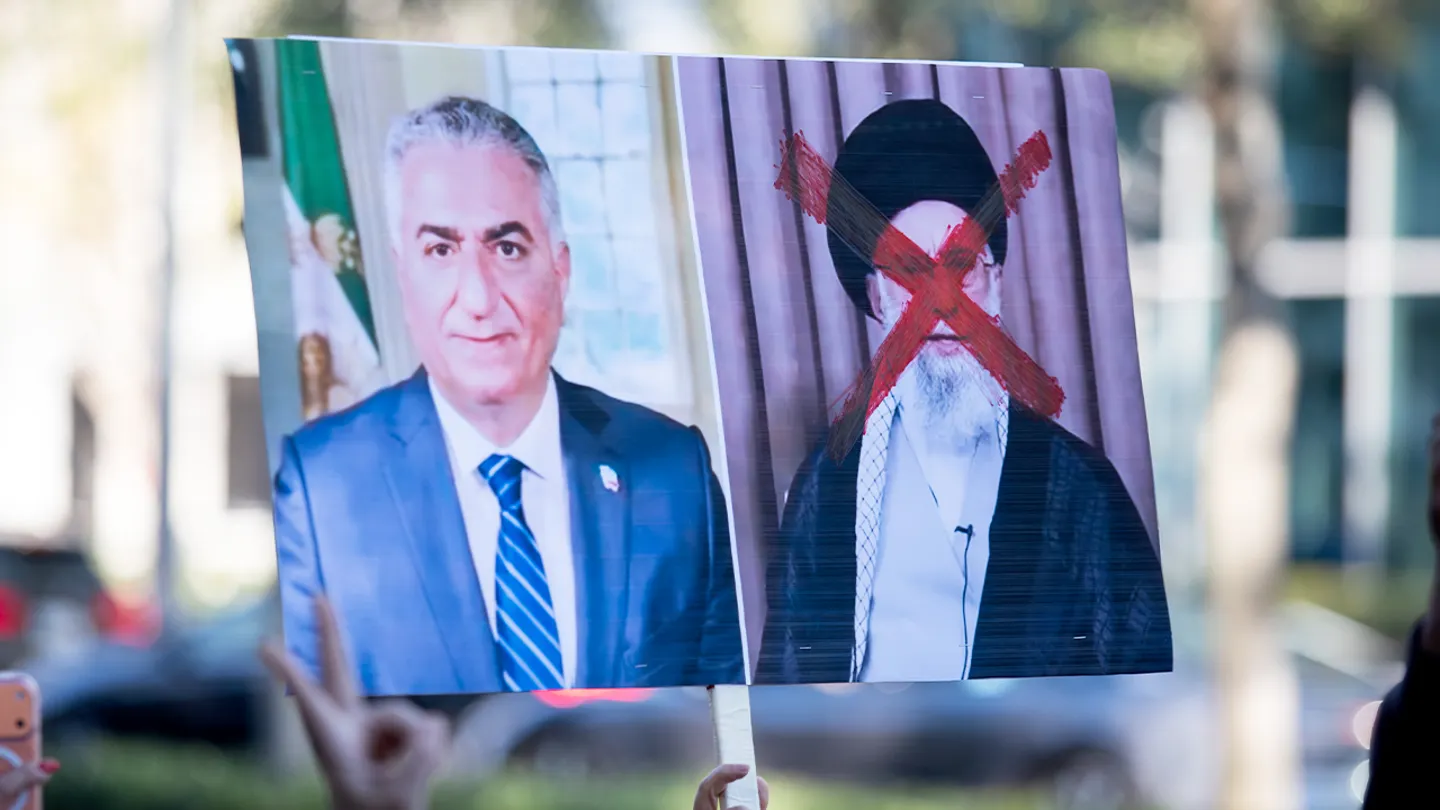Amazon Begins Deployment of Project Kuiper Satellites in Bid to Expand Global Internet Access

Amazon has successfully launched the first operational satellites of Project Kuiper, marking a significant step in its ambitious plan to build a global satellite internet network.
The 27 satellites were deployed into low-Earth orbit on Monday evening aboard an Atlas V rocket from United Launch Alliance (ULA), lifting off from Cape Canaveral Space Force Station in Florida at 7:01 p.m. ET.
Project Kuiper is Amazon’s $10 billion initiative to establish a constellation of more than 3,200 satellites that will beam broadband internet to underserved and remote areas. The service will compete directly with Starlink, a similar low-Earth orbit (LEO) satellite internet network operated by Elon Musk’s SpaceX, which has already deployed over 8,000 satellites and has more than 5 million users in over 125 countries.
Both Project Kuiper and Starlink aim to address the global digital divide by offering high-speed internet to regions lacking reliable traditional broadband infrastructure. Unlike older satellite providers that rely on geosynchronous orbits—more than 22,000 miles from Earth—Kuiper’s satellites will orbit at roughly 280 miles, enabling faster data transmission and lower latency.
The newly launched satellites will gradually be raised to an altitude of 393 miles using onboard propulsion systems. Amazon expects to confirm contact with all satellites within days, after which performance evaluations will begin. If successful, the company plans to begin offering service to customers later in 2025, initially focusing on northern and southern regions where partial coverage is possible with fewer satellites.
Despite the milestone, Project Kuiper faces significant challenges. SpaceX has a commanding lead in satellite deployment, supported by its in-house rocket fleet and rapid launch cadence—currently averaging at least one mission per week. In contrast, Amazon’s entry has been delayed and still relies on external launch providers, including ULA, Arianespace, and Blue Origin. The company has also contracted three Falcon 9 launches from SpaceX, its chief competitor, scheduled for 2025.
Analysts remain cautious about Amazon’s prospects. Craig Moffett of MoffettNathanson noted that Amazon may struggle to make Project Kuiper a viable commercial venture, especially given the financial scale involved. Estimates suggest the first-generation network could cost up to $17 billion to deploy, with operating expenses reaching $1–2 billion annually.
Amazon maintains confidence in the project’s long-term potential. Jeff Bezos, Amazon’s founder and executive chairman, has emphasized growing demand for internet access and stated there is “room for lots of winners” in the sector. The company sees potential synergies with Amazon Web Services, envisioning Project Kuiper as a tool not only for consumer connectivity but also to support enterprise clients, defense applications, and its own logistics operations.
The Kuiper terminals, introduced in 2023, are expected to be priced under $400. Models include a standard antenna the size of a vinyl record and a compact version akin to a Kindle. Mass production of these user terminals is slated to ramp up ahead of service launch.
Amazon must meet a US Federal Communications Commission requirement to deploy at least half its constellation—1,618 satellites—by July 2026, though it could seek an extension if progress is evident.
CNN, the New York Times, and Reuters contributed to this report.









The latest news in your social feeds
Subscribe to our social media platforms to stay tuned